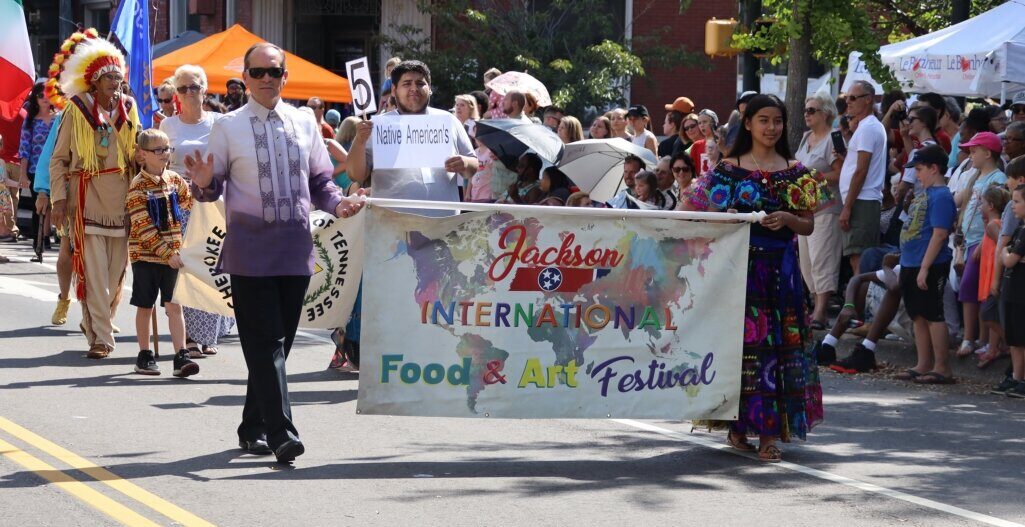I’ve been teaching school for two decades, and I can still remember the best advice I ever received about educating students. It had nothing to do with pedagogy, curriculum, or classroom management, but it had everything to do with the dangers of homogeneity.
My professor in the first education class I ever took at Union University was Dr. Ken Newman. I’ll be forever indebted to him for helping me believe that I could be a teacher. He not only made me feel like I could do the job, but he made me think that I would be great at it.
I don’t know if I’m great…or even good. Some days, I think I’m both; some days, I think I’m neither. I don’t remember the exact words Dr. Newman told me that injected so much confidence in my ability, but I do remember the one piece of advice that has stuck with me for twenty years.
“The worst thing you can do as a teacher is teach the same kind of lesson over and over and over again.”
I’ve seen firsthand what Dr. Newman meant by that statement. Comfort is easy; routine is nice. There can be value in both, but after a while, a static state of being becomes detrimental. This is never more apparent than in a classroom. And, while Dr. Newman’s advice clearly applied to an educational setting, there’s a bigger idea at play here – predictability and uniformity will slowly kill anything trying to grow.
Jackson is in the midst of unprecedented growth. We’ve seen industry invest in our city, county, and region at historic rates. While the new industry is outstanding, people are what make communities thrive. And thankfully, Jackson is a community that is not only growing in number but growing in diversity as well.
Five years ago, I attended my first Jackson International Food and Arts Festival in Downtown Jackson. As someone who had been advocating for more energy downtown, I was shocked to see just how much vitality was brought to the center of our city that day.
There were a plethora of colors, sounds, and smells. Tents were lining the streets with some of the best food the city had to offer. This wasn’t your quintessential Southern food fare; this was authentic, multi-cultural food created using recipes brought from countries all over the world. Empanadas. Falafels. Macaroons.
There were cultural dances in bright and coruscating costumes and drum beats that echoed off buildings lining Liberty Street. It celebrated life and culture; it was diversity at its finest.
I returned to JIFAF the following year, and it was even bigger. Then, COVID hit. In 2021, I found myself back downtown for the return of what had come to be my favorite event in the city. With each passing year, the JIFAF had expanded its reach all over downtown, so I wasn’t exactly surprised when I got the news that it was moving to the fairgrounds.
My initial response to the impending move was one of disappointment. The sheer visual magnitude of seeing and hearing a sea of vivid cultural sights and sounds pressed against the backdrop of the historic downtown buildings was something that made the JIFAF so special to me. After my brief and immediate disappointment subsided, I was able to see a bigger picture – a picture that is continuing to expand and diversify simultaneously.
The move to the fairgrounds this year was made out of necessity. The JIFAF had grown so large and had become such a success that it had outgrown its original home. This event wasn’t going to be static; it wouldn’t be constricted to the confinement of gridlocked streets. It wasn’t going to keep doing the same thing, year after year. Like the invaluable advice I received 20 years ago, the JIFAF was diversifying its plans – no pun intended.
This weekend – Saturday, September 23, to be exact – take some time out of your college football-watching schedule and head to the fairgrounds to experience something truly dynamic.
Our country, our state, and our city are always at their best when they’re able to celebrate and maximize cultural diversity. Hats off to the City of Jackson for continuously making space for an event that means so much to our community.









